In our quest for long, lustrous, and silky soft strands, we'll often come across legitimate-sounding information that, in truth, is completely bogus. Below, check out some of the most prevalent, oft repeated hair myths. Time to get to the root of things!
Read more ¿Qué más?: 11 Cringe-worthy ingredients you never knew were in your makeup
Regular trims will make hair grow faster
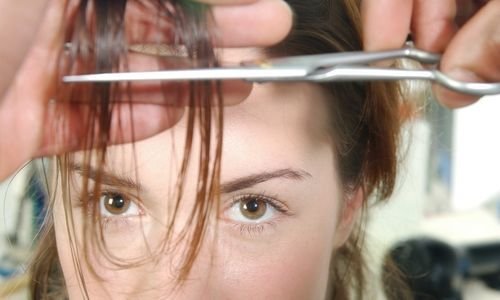
While snipping off split and frayed ends will make hair appear healthier, it won't have any effect on the rate at which your hair grows. On average, according to stylist John Barrett, hair grows a half-inch per month.
When combing hair, you should move from roots to ends
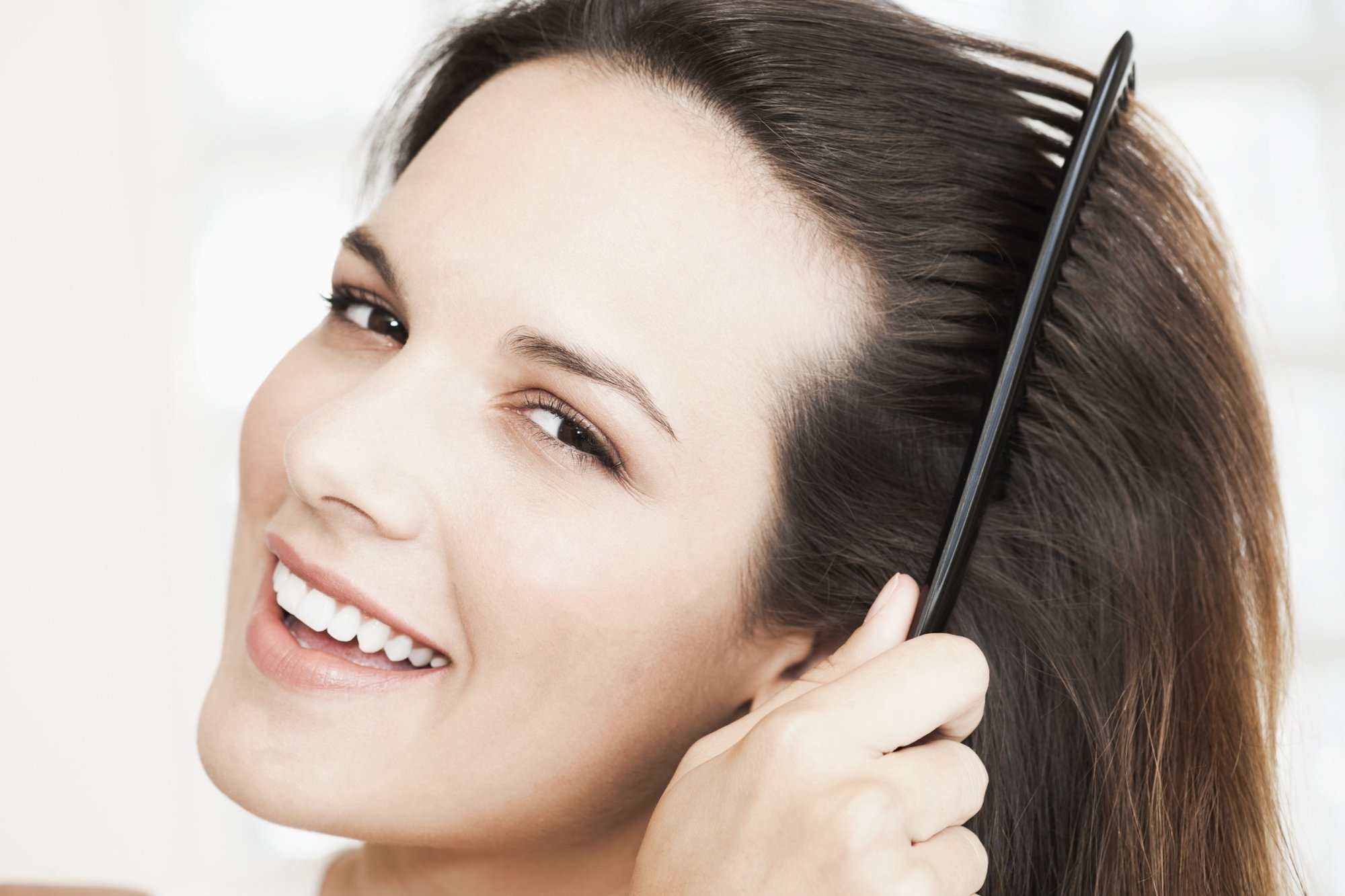
It might seem natural to run that rake-like comb in a downward motion, starting at the roots, but this can actually cause major breakage – especially if hair is tangled. First, apply a leave-in detangling product and then start combing along the ends, using gentle movements and working your way upward. It might feel counterintuitive, but it's the best way to go!
Your hair's texture will remain constant throughout your life

Different factors such as age and pregnancy can affect our hair's texture. During pregnancy, women shed less hair than usual due to the higher levels of estrogen in their bodies. This, in turn, can make strands appear thicker and can account for temporary changes in texture such as straight hair becoming curly. Similarly, as we age, hair tends to lose its density, which can also impact texture (making formerly wavy locks appear flat and straight, for instance).
Stress causes gray hairs
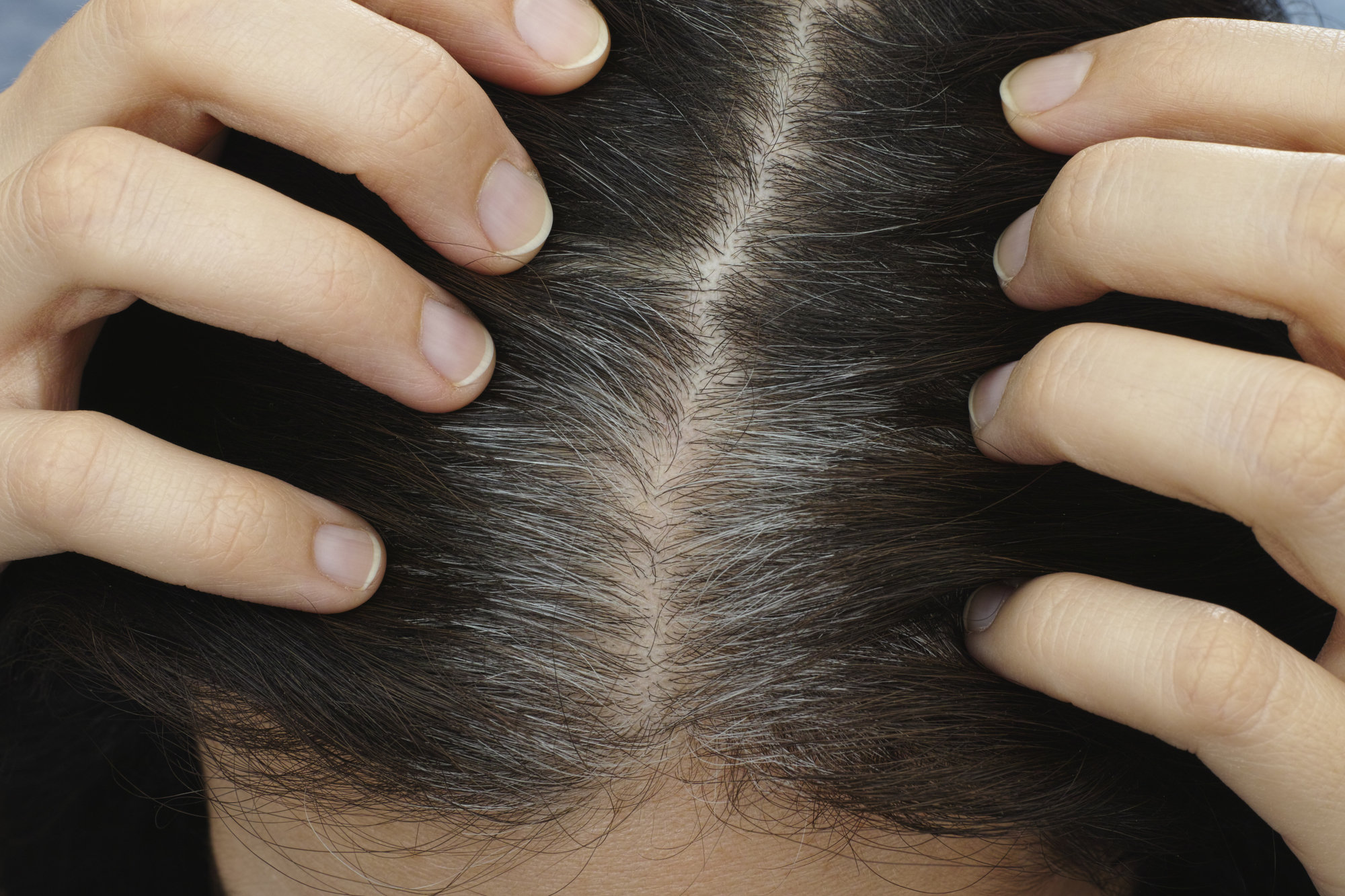
Don't feel too guilty if your parent's blame the rebellious antics of your adolescent years for giving them gray hairs. In truth, just as with baldness, gray hair is determined by genetic factors — not stress. Some women simply have a genetic predisposition to going prematurely gray.
It's vital to wash your hair every day
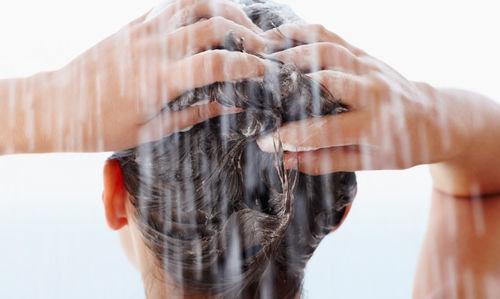
According to popular myth, hair must be shampooed every day in order to avoid having it look greasy and oily. In truth, hair looks its best when the natural oils produced by the scalp's sebaceous glands can travel down the hair shaft and all the way down to the ends. In order to keep the scalp healthy and avoid a dehydrated sebum, it's advisable to wash you hair only twice a week.
Venturing into the cold with wet hair will make you sick
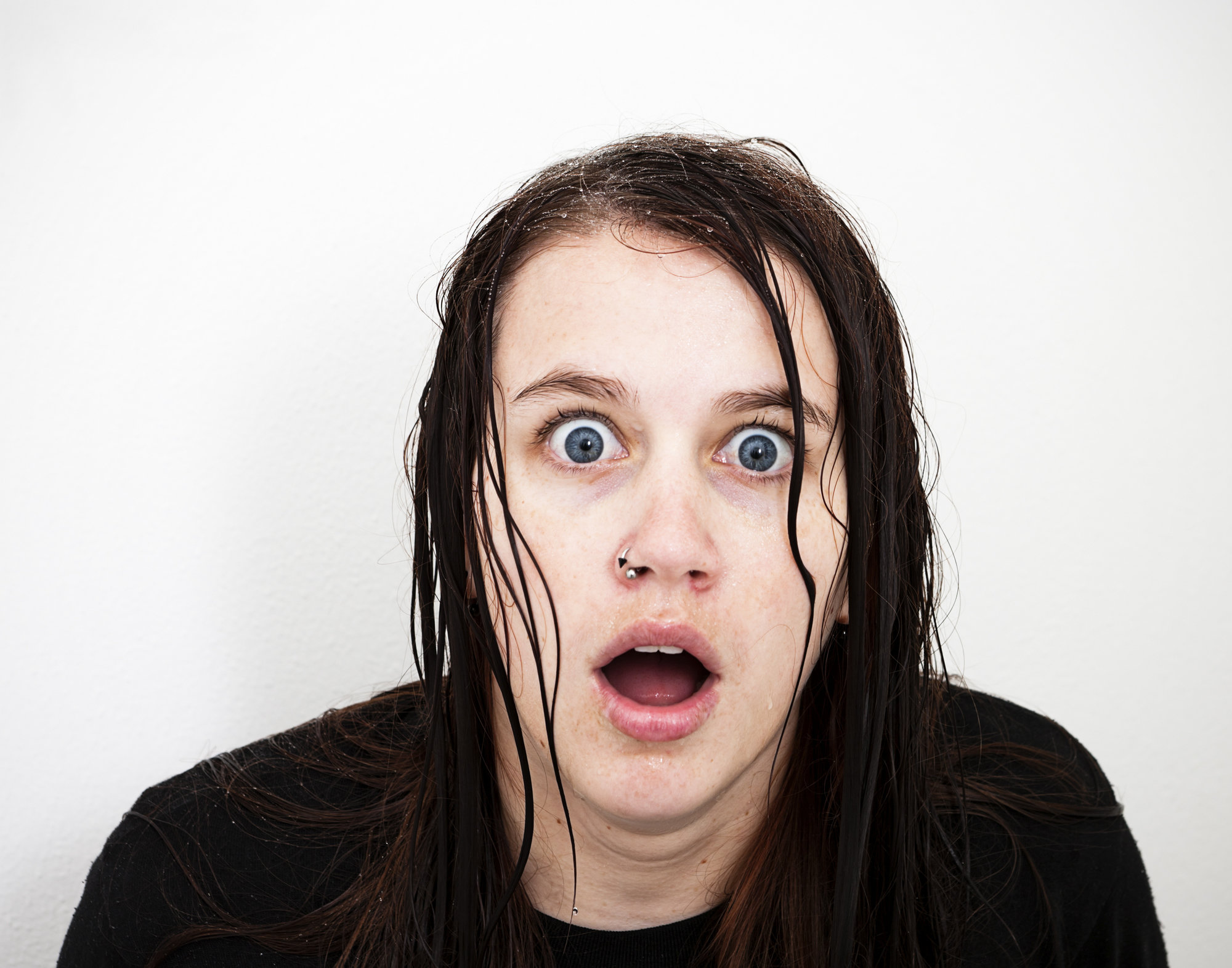
Your mami and abuelita probably warned you about this when you were growing up, and you came to accept it as an irrefutable truth. Well, as it turns out, this claim is completely false. Because colds and flus are caused by viruses, bacteria and airborne pathogens, whether your hair is dry, damp, or wet won't have any effect on whether or not you become ill. You will, however, feel chillier than usual!
You can mend split ends with the right products

Don't believe the hype! A ton of hair care brands have unveiled products that promise to reverse hair damage and somehow miraculously heal split ends, but the marketing claims are misleading. At best, these products simply make split ends less noticeable. But once split, those strands can't be fused back together. Picture a ceramic plate shattering into a dozen pieces. Even with the best superglue, you'll never be able to make that plate look like it initially did. The best thing to do with split ends? Cut 'em off!
You have to switch your shampoo so it doesn't stop working

There is no scientific evidence to indicate that repeated use of a single shampoo could in any way contribute to unhealthy hair. So, while you may be tempted to reinvent your haircare regimen every few months, you should never feel obligated to do so — particularly if you've discovered a shampoo and conditioner that work wonders for you!
Brushing hair 100 times will make it stronger
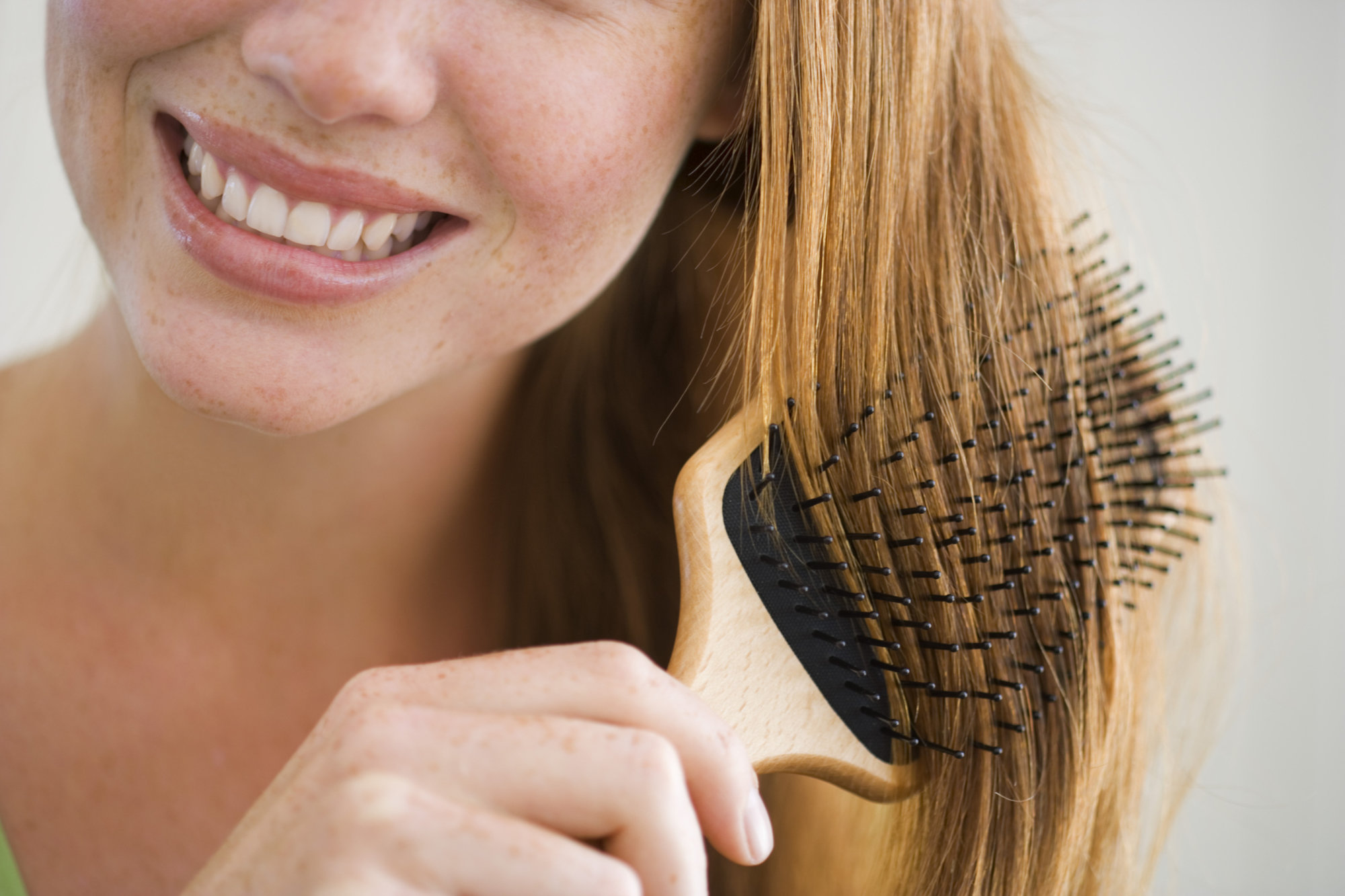
You may have heard 100 hairbrush strokes is the key to softer, shinier, healthier-looking hair, but the reality is quite the contrary: brushing your hair too often can cause friction in the scalp and lead to breakage and damage.
Lather, rinse and repeat!
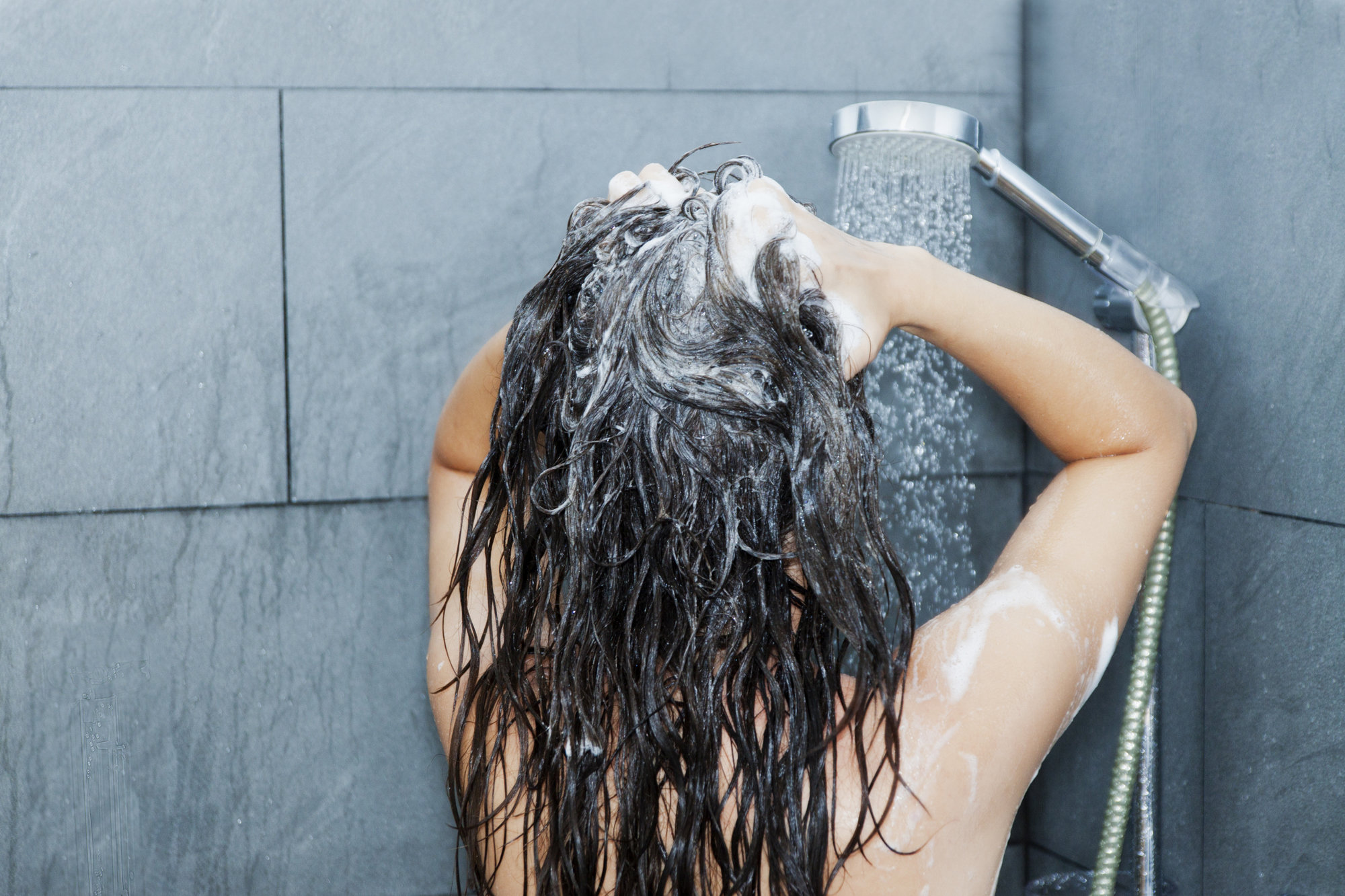
Do you shampoo your hair twice, thinking it will make it extra clean? Well, you may want to reconsider. Over-shampooing can dehydrate strands and increase breakage and frizz. Instead simplify your life by shampooing hair once, making sure to massage the product into the scalp thoroughly, then rinsing it off. And don't forget conditioner!




